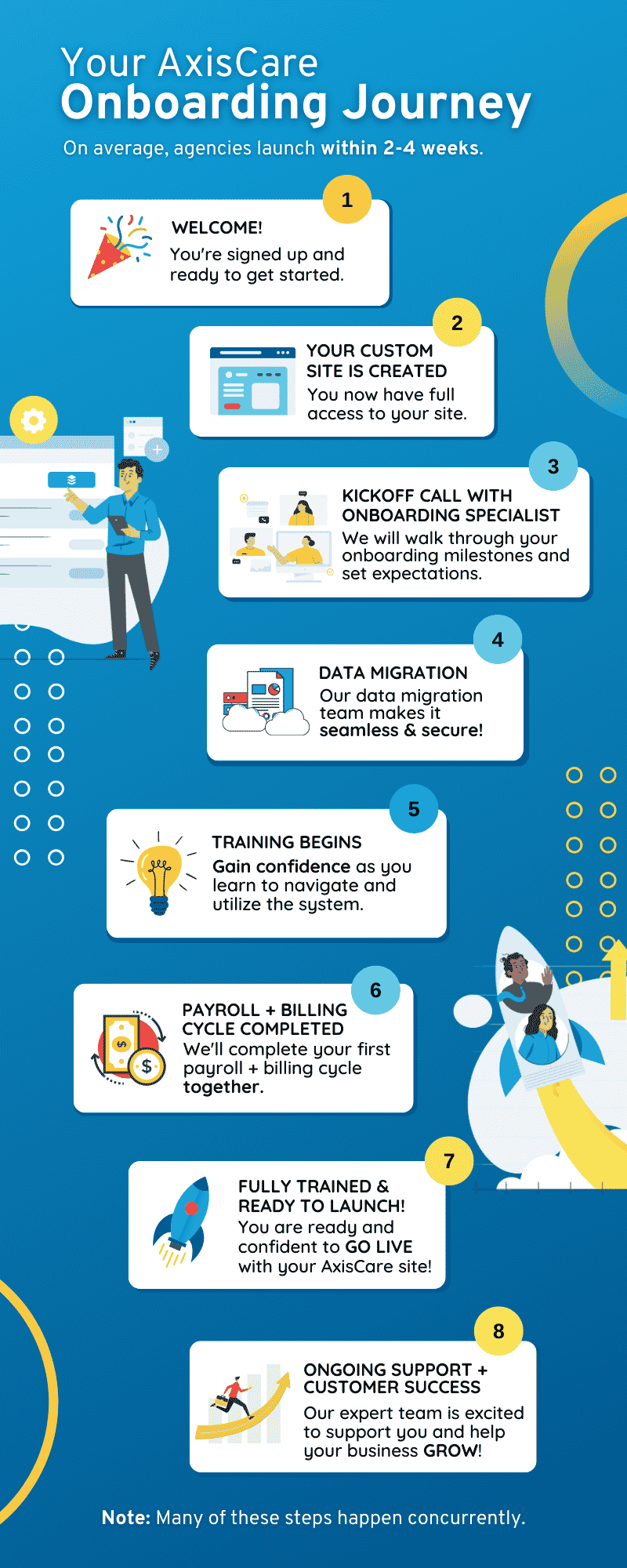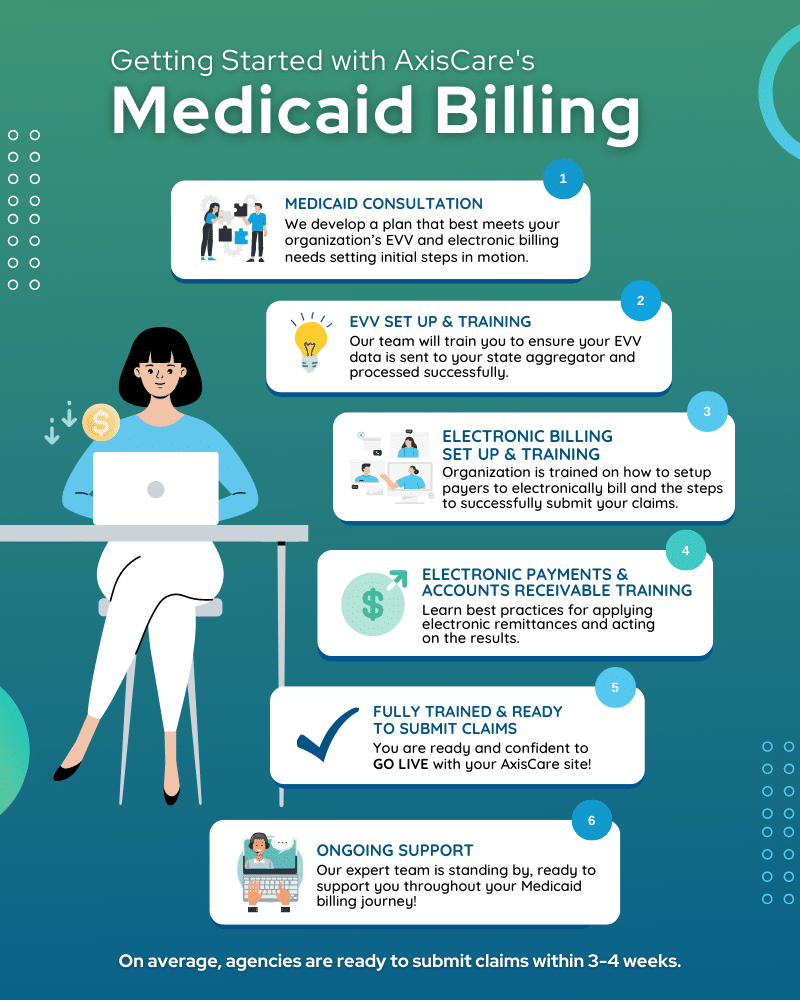The healthcare landscape is evolving, and with it, the options for receiving care from the comfort of home are expanding. Both home health and home care services aim to provide care and support at home, but they cater to different needs. Home health services are typically medical in nature, designed for recovery or rehabilitation under the guidance of healthcare professionals. However, home care offers help with daily activities, such as bathing, dressing, and light housekeeping, by caregivers. Choosing the right type of care depends on the specific needs of the patient.
What is Home Health Care?
Home health care is a form of medical service provided in the patient’s home, aimed at treating an illness or injury. This type of care is especially beneficial for individuals recovering from a hospital stay, living with chronic illnesses, or dealing with disabilities. Services are performed by licensed professionals, including nurses, physical therapists, and more, on a doctor’s orders. These professionals work collaboratively to develop a personalized care plan that focuses on helping patients recover, regain their independence, and become as self-sufficient as possible. The essence of home health care lies in its ability to deliver professional, compassionate medical care in the familiar and comforting setting of one’s own home.
Types of Home Health Care Services
As mentioned above, home health care services are performed by licensed professionals and include:
- Nursing Services: Offered by licensed nurses, these services encompass wound care, medication administration, health monitoring, and education on disease management and prevention, tailored to the patient’s specific health condition.
- Physical Therapy: Aims to enhance and restore functional ability and quality of life to those with physical impairments or disabilities. Physical therapists develop personalized treatment plans to improve mobility, strength, balance, and coordination.
- Occupational Therapy: Focuses on improving patients’ ability to perform daily activities through the therapeutic use of everyday activities. It aids in adapting to the environment, modifying tasks, teaching skills, and providing assistive devices to promote independence in daily life.
- Speech Therapy: Assists patients with speech and language disorders to regain and improve their communication skills. It also addresses swallowing disorders to ensure safe eating and drinking.
- Medical Social Work: Offers support and resources to patients and their families to cope with the emotional strains and social challenges that may arise due to acute, chronic, or terminal illnesses. Social workers assist in navigating healthcare systems, accessing community resources, and planning for long-term care needs.
What is Home Care?
Home care focuses on providing non-medical assistance to individuals in their own homes, helping them with daily activities that they might struggle with due to age, disability, or other conditions. Rather than medical care, home care offers personalized support, including help with bathing, dressing, meal preparation, and light housekeeping. Caregivers also provide companionship, a crucial aspect of care that nurtures patients’ emotional well-being. This type of care is ideal for those who wish to maintain their independence but require some level of assistance to live at home safely.
Types of Home Care Services
As mentioned above, home care services prioritize the personal well-being and comfort of individuals requiring support with daily activities. These services, or activities of daily living (ADLs) conducted by caregivers include:
- Bathing and Personal Hygiene: Assists with safe bathing and grooming practices, ensuring dignity and promoting good personal hygiene.
- Dressing Assistance: Helps individuals choose appropriate attire and assists with dressing, fostering independence and self-esteem.
- Meal Preparation: Involves planning and preparing nutritious meals according to dietary needs and preferences, also providing companionship during meals.
- Light Housekeeping: Keeps the living environment clean, organized, and safe, including tasks such as laundry, dusting, and vacuuming.
- Companionship: Offers emotional support and friendship, engaging in conversations, going for walks, or participating in hobbies and activities the person enjoys.
Home Health vs Home Care
The fundamental difference between home health care and home care lies primarily in the types of services provided and the subsequent training and certification requirements.
Medical vs. Non-Medical
- Home Health Care: Focuses on medical services provided by licensed healthcare professionals. This can include skilled nursing, physical therapy, and other clinical services.
- Home Care: Primarily involves non-medical services such as assistance with daily activities, companionship, and support with tasks like meal preparation and housekeeping.
Licenses and Certifications
- Home Health Care: Requires licensed professionals such as registered nurses, physical therapists, and other certified healthcare providers.
- Home Care: Typically provided by trained caregivers who may or may not have medical certifications.
Daily Assistance vs. Medical Care
- Home Health Care: Suited for individuals recovering from surgery, managing chronic illnesses, or needing post-hospitalization care.
- Home Care: Ideal for seniors or individuals with disabilities who require assistance with daily living activities but do not necessarily need intensive medical care.
Insurance Coverage
- Home Health Care: Often covered by health insurance, Medicare, or Medicaid, especially when the services are deemed medically necessary.
- Home Care: Generally considered a private-pay service, although some long-term care insurance policies and Medicaid eligibility may cover certain aspects of home care.
Home Health & Home Care
Although these two industries and their services differ, there are a multitude of similarities, such as:
- In-Home Services: Both home health care and home care services are delivered in the comfort of the client’s own home.
- Personalized Care Plans: Both types of care involve person-centered care (PPC). PPC is the catering and development of personalized care plans tailored to the specific needs and preferences of the individual.
- Collaboration With Families: In both types of care, there is an emphasis on involving the client and their family in the care process.
Quality of Life: Both services prioritize enhancing the client’s overall quality of life. This includes addressing physical, emotional, and social well-being.
Key Software Considerations for Agencies
Regardless of the services your agency provides, having a customizable home care software is crucial to the experience and quality of care you’re providing to patients. Here are some of the criteria to look for in your agency management system:
Care Management
Carefully evaluate whether the software offers robust features for care management, ensuring seamless coordination between caregivers, clients, and healthcare professionals.
User-Friendly Interface
Consider the ease of use for both your administrative staff and caregivers. A user-friendly interface and mobile apps can significantly impact the efficiency of your agency’s daily operations.
Scalability
Anticipate the future growth of your agency. Choose software that can scale with your business, accommodating an increasing number of clients and caregivers.
Interoperability
Ensure that the software can integrate with other healthcare systems and technologies. Interoperability is key to maintaining a cohesive and connected healthcare ecosystem.
Compliance and Security
Prioritize software solutions that adhere to industry regulations and standards.
Training and Support
Adequate training ensures that your staff can maximize the software’s features, and reliable support is crucial for addressing any issues that may arise.
Benefits of Home Health & Home Care
Home health and home care services substantially improve individuals’ quality of life and provide families peace of mind, thanks to their foundational values of empathy, authenticity, and trustworthiness. These services offer personalized care from the comfort of home, promote independence, involve families in the care process, and are a cost-effective way to reduce hospital visits, all while respecting the patient’s dignity and fostering a deeper, meaningful care experience. Here are more benefits of choosing home–based care options:
Family Involvement
Relieves the burden on family members and allows for flexible visitation.
Provides Independence
Helps older adults continue everyday tasks, promoting independence.
Flexible Scheduling
Both home health care and home care services often offer flexibility in scheduling to accommodate each client’s unique needs.
Comfort & Safety
Patients recover faster and with fewer complications at home than in a hospital.
Caregiver Relationships
Trust, communication, and continuity of care are essential components, and having consistent caregivers fosters a sense of familiarity and security for the client.
Elevate Personalized Care With AxisCare
Choosing the right partner for managing your home care agency operations is a decision of profound importance. It impacts not only the efficiency and effectiveness of your services but also the satisfaction and well-being of your clients and their families.
Book a demo of AxisCare to take the first step toward transforming your home care agency’s operations and care delivery.









